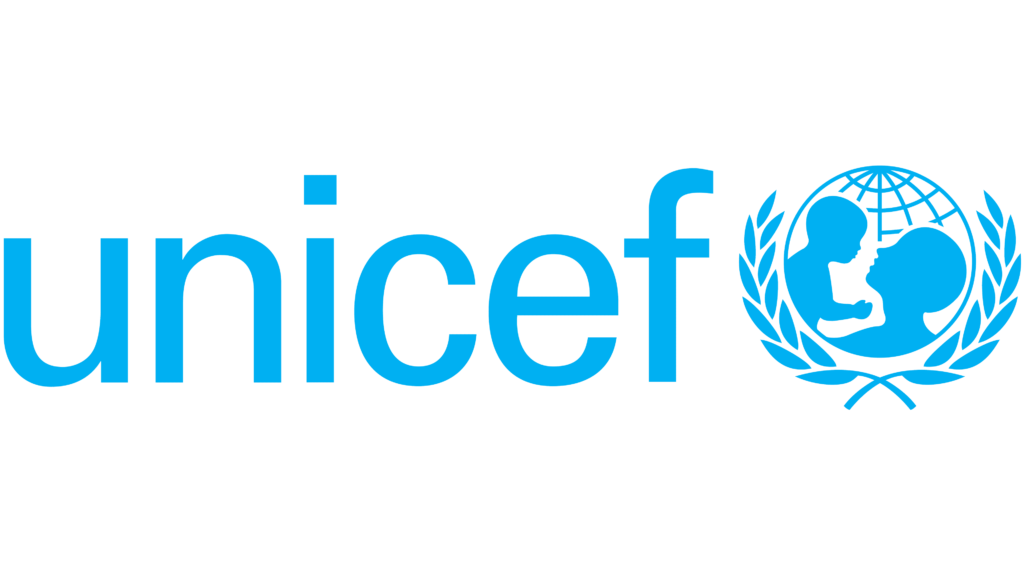According to data from the United Nations Children’s Fund, Nigeria’s water and sanitation sector loses 25% of its yearly investments because of poor infrastructure and insufficient upkeep.
At the recent Nigeria/UNICEF Annual WASH Review Meeting in Abuja, UNICEF’s Chief of Water, Sanitation, and Hygiene, Dr. Jane Bevan, revealed that this represented a major setback in efforts to solve water and sanitation concerns.
She claims that the alarming trend was revealed by a critical examination of WASHNORM and the Sector Wide Sustainability Checks.
Bevan stated that among other things, UNICEF WASH Program Priorities for 2023 to 2027 include a focus on financing the WASH sector, increasing capacity, and fostering a climate that supports WASH in establishments like schools.
She announced that the Clean Nigeria Campaign would prioritize reducing open defecation in Nigeria and tackling climate resilience in WASH initiatives that span all priority areas.
Bevan promoted coordinated efforts between the Ministries of Education, Health, and Water and Sanitation, highlighting the significance of cross-sectoral collaboration for funding WASH activities in schools and primary health care centers.
The head of UNICEF described tactics for enhancing institutional capacity and fostering a WASH-friendly atmosphere, including putting in place standardized policies and procedures and constructing scalable models for the upkeep and management of WASH facilities.
She added that strengthening relationships with the private sector will speed efforts to fulfill Sustainable Development Goal 6 (SDG 6), since Nigeria currently lags behind, and that this was in order to provide comprehensive data for effective planning.
She said that UNICEF would keep bolstering climate resilience across all program areas in order to assist the government in addressing sustainability factors as determined by the sustainability check.
The strategic focus on boosting sector finance and enhancing the sustainability of WASH services and systems was emphasized by Mr. Olabode Fashoyi, Deputy Director, WASH Collaboration and Partnerships, Federal Ministry of Water Resources and Sanitation.
According to him, goals met by 2023 will include educating 1,000 WASH committee members for community awareness and establishing WASH departments in 38 new local government districts.
Fashoyi listed current projects that will take place until 2024, including implementing the strategy for operating and maintaining water facilities in states including Sokoto, Kebbi, Zamfara, Adamawa, Borno, and Yobe.
He announced the introduction of new regulations for the surveillance and monitoring of drinking water.
States must step up their efforts to realize the National Open Defecation Free Plan, according to Mrs. Chizoma Opara, National Coordinator of the Clean Nigeria, Use The Toilet Campaign Program.
She brought up the adoption of bye-laws and roadmaps as examples of how some states, including Abia and Enugu, have made progress.
She expressed concern that the 2025 objective is drawing near, pointing out that just 117 out of 774 local governments are free from open defecation. She also emphasized the need for operational financing immediately to enable effective monitoring.
“Operational funding is necessary; the Federal Government cannot monitor from Abuja to prevent relapses in ODF local government areas; monitoring is essential.”
According to the News Agency of Nigeria, the annual meeting gave important stakeholders a chance to assess the results of FGN/UNICEF WASH initiatives in the first year of the 2023–2027 implementation cycle.

